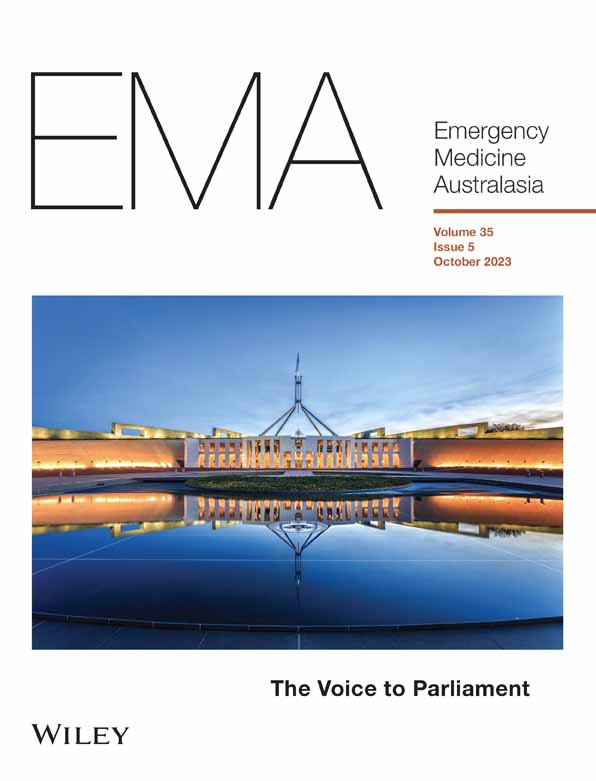Will code one day run a code? Performance of language models on ACEM primary examinations and implications
Abstract
Objective
Large language models (LLMs) have demonstrated mixed results in their ability to pass various specialist medical examination and their performance within the field of emergency medicine remains unknown.
Methods
We explored the performance of three prevalent LLMs (OpenAI's GPT series, Google's Bard, and Microsoft's Bing Chat) on a practice ACEM primary examination.
Results
All LLMs achieved a passing score, with scores with GPT 4.0 outperforming the average candidate.
Conclusion
Large language models, by passing the ACEM primary examination, show potential as tools for medical education and practice. However, limitations exist and are discussed.
Open Research
Data availability statement
The data that support the findings of this study are available from the corresponding author upon reasonable request.




